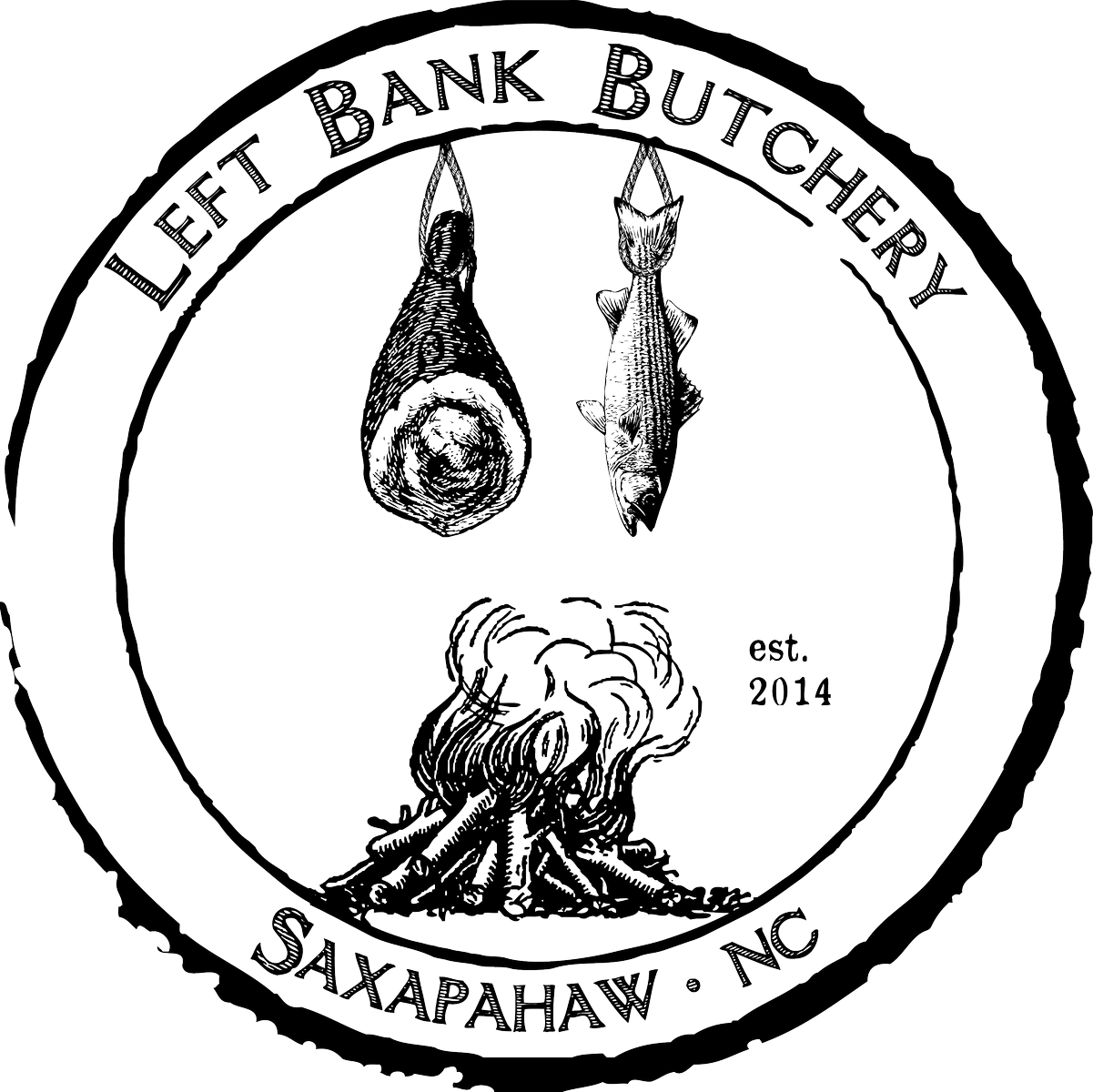INDY Week | Food & Drink
The Food Halls Are Coming! But What Makes Them Different From Food Courts?
On a Wednesday at 11:00 a.m., I faced down my toughest decision of the day: what to eat for lunch. I pored over menus as I wandered, debating between butter chicken from Curry in a Hurry or pork chimichurri empanadas from Makus Empanadas, before settling on lotus root salad and summer rolls from MKG Kitchen. While I waited for my food at a communal table, a young couple sitting nearby made me wonder if I should’ve ordered a CowBar burger, while two gentlemen incited a case of order envy, slurping bowls of The Broth’s ramen from their perches in overstuffed chairs.
I can’t think of many restaurants where diners can choose from dozens of different cuisines spanning every meal and satisfying nearly every craving. Or one where it’d be acceptable to change tables mid-meal, or one that served high-quality, local food in minutes, all without having to reserve a table.
At the newly opened Morgan Street Food Hall in Raleigh’s Warehouse District, this dining utopia is a reality. And by early 2019, the Triangle will be home to four food halls, each with its own look, vibe, and vendor mix.
But what makes food halls different than food courts? Whereas a food court is an amenity, a place to grab a bite while shopping, food halls are a destination. All four Triangle food halls put a premium on local businesses, giving many chefs a chance to open their first brick-and-mortar or bring niche offerings to a wider audience.
Food halls also curate ambiance, incorporating greenery, local artwork, lighting, custom acoustics, and comfortable seating. Oh, and did we mention? There’s also booze.
This means that we are going to eat (and drink) very well in the coming months, but the food hall boom also has the potential to satisfy our hunger for connection—connection to our food, to our small business community, and to one another.
“I think we’re seeing a cultural shift in the way people think about social interactions,” says developer Jason Queen. “People are embracing the need for social interactions, and I think there’s a hell of an opportunity for food halls to do that and do it well.”
Queen is the founder of Transfer Co. Food Hall, slated to open early 2019 in the historic Carolina Coach Garage and Shop (and former home of the Transfer Co. bus line) in Raleigh’s Old East neighborhood. Besides sitting across the table from someone you might not otherwise share a meal with, Queen says that at Transfer Co., social interaction is built into the food offering. Because each vendor’s production space is open, diners have the chance to say, watch oysters being shucked at Locals Oyster Bar or a bar of chocolate being made at Videri Chocolate Factory. This also sates curious foodies’ yen to know more about their food, and millennials’ desire for food to provide an experience.
Social connection can also extend to vendors. Queen envisions Benchwarmers Bagels, a collaboration between Jubala Coffee and Boulted Bread, offering a bagel topped with smoked fish from Locals Seafood’s fish market, or perhaps having Burial Beer Co. collaborate with Videri Chocolate on a food hall-exclusive chocolate stout. These unique one-offs help make food halls destination-worthy and keeps diners coming back.
Durham Food Hall founder Adair Mueller agrees that fostering collaboration and creativity is key for chefs, too.
“A food hall is like a playground to a chef. In a full-service restaurant or even a food truck they’re so limited. There are a lot of constraints, so you can’t be quite as creative and constantly changing and maintain a new menu,” Mueller says. “I love that aspect, in that they can truly create. And if an item isn’t working and it flops, you can change it. You haven’t invested that same cost.”
Mueller also sees Durham Food Hall, slated to open early winter 2018, as an incubator for food entrepreneurs. Housed in the former Liberty Warehouse, the Durham Food Hall boasts fifteen-thousand square feet, so it could easily accommodate more than ten vendors. And with two-hundred-fifty applications, there was plenty of interest. But Mueller was intentional about finding the right mix; in addition to a high-quality offering, she chose vendors with interesting stories, unique products, and ones with shared values for sustainability and local sourcing.
There’s Lula & Sadie’s, a multi-generational family endeavor focused on seasonal Southern staples with a modern twist (think: eggnog-pecan French toast); couples-owned businesses such as Afters, specializing in cake and dessert flights; and women-owned businesses such as Ex-Voto Cocina Nixtamal, which uses heirloom corn to make masa and tortillas for its tacos and tamales.
Niche businesses were also a focus for Blue Dogwood Public Market in Chapel Hill, the Triangle’s first food hall which opened in mid-June. Food halls are a way for small businesses to get started with less investment, and they can test new concepts with less risk. At Blue Dogwood, you’ll find gluten-free baked goods at Pizzelle Bakery, peanut-free chocolates at Chocolatay Confections, vegan tacos and wraps at Vegan Flava, and plant-based tamales and arepas at Soul Cocina.
Blue Dogwood lives up to the “Public Market” part of its moniker, too. In addition to picking up a sandwich from whole-animal butcher Left Bank Butchery, you can also buy fresh sausages, steaks, and charcuterie to take home, along with cheeses from Chapel Hill Creamery and bread from Pittsboro’s Chicken Bridge Bakery. Blue Dogwood will soon add a produce vendor, making it one of the few places to buy fresh produce in downtown Chapel Hill.
But before you head home with your bounty, if you feel like lingering—and you can, because there are no table vultures hovering with a reservation—head over to Blue Dogwood’s bar and order an afternoon brew. It’s the easiest decision you’ll have to make all day.


